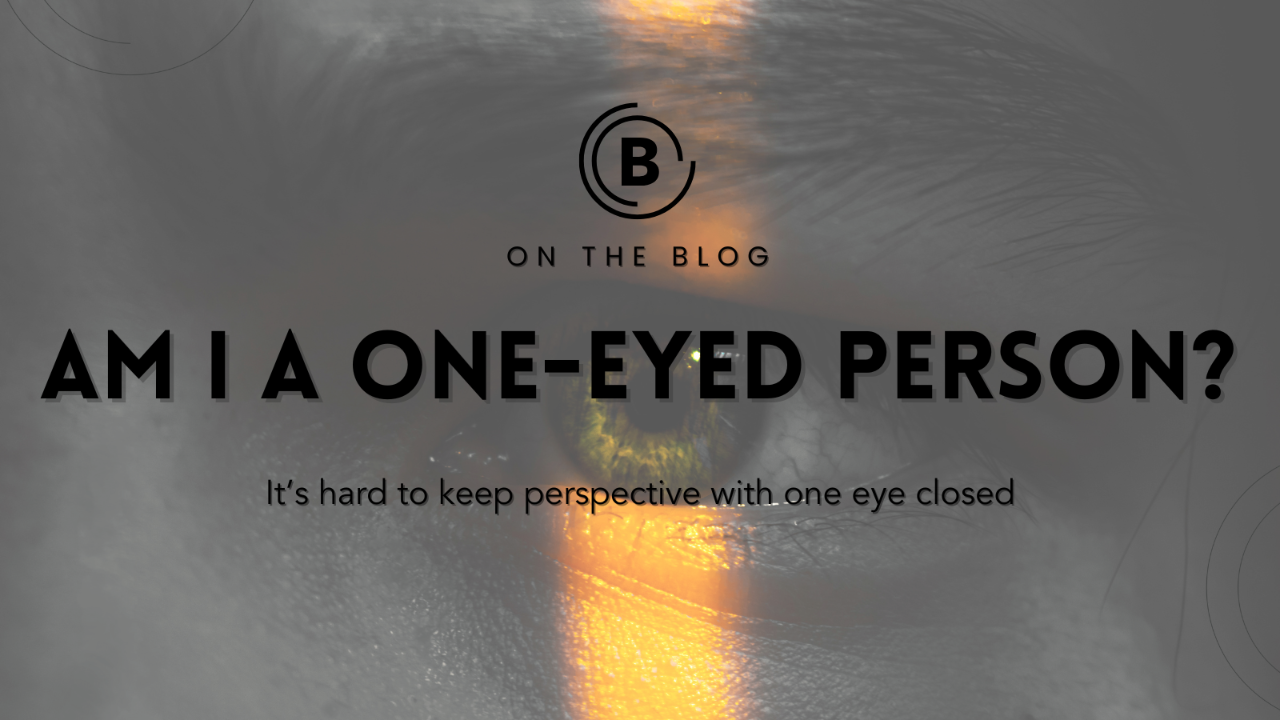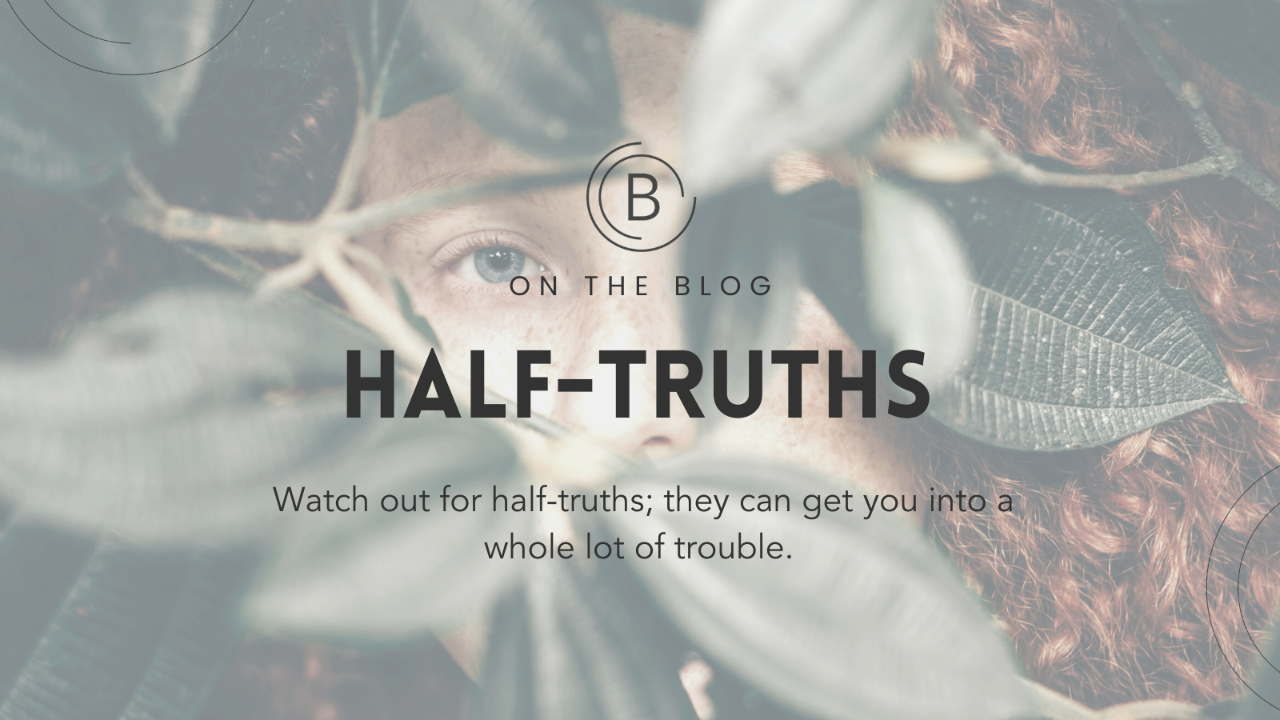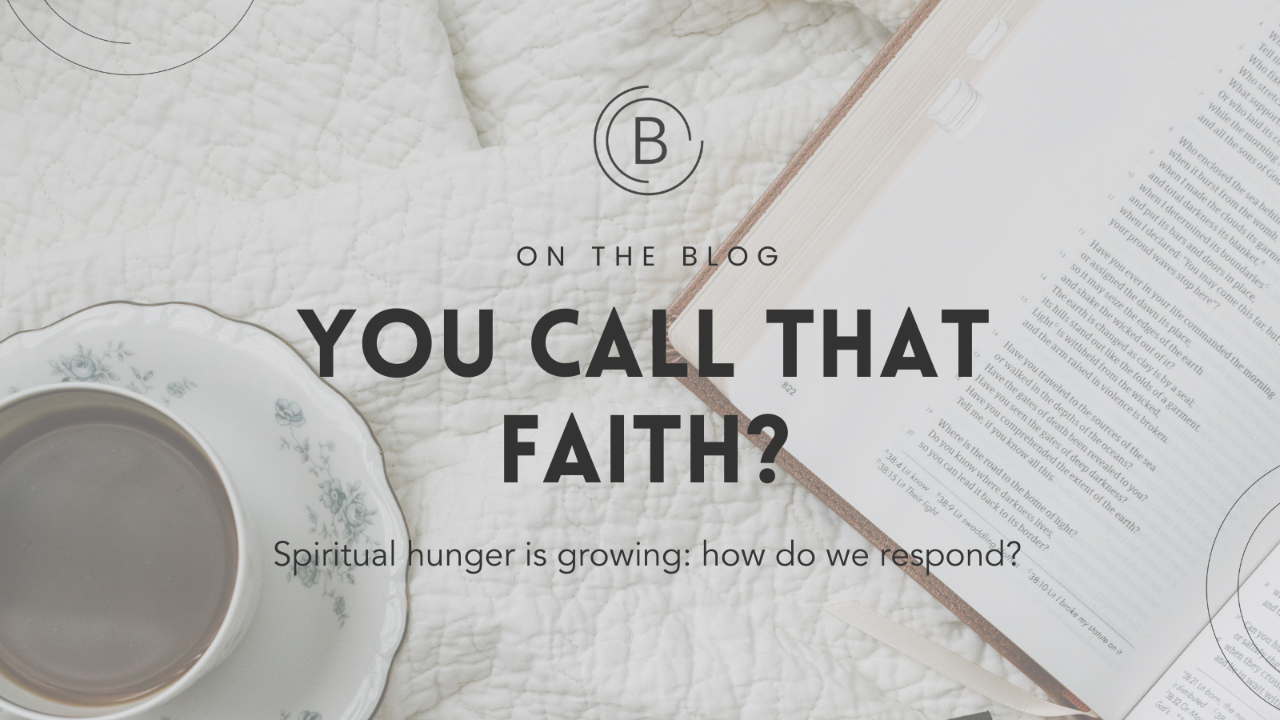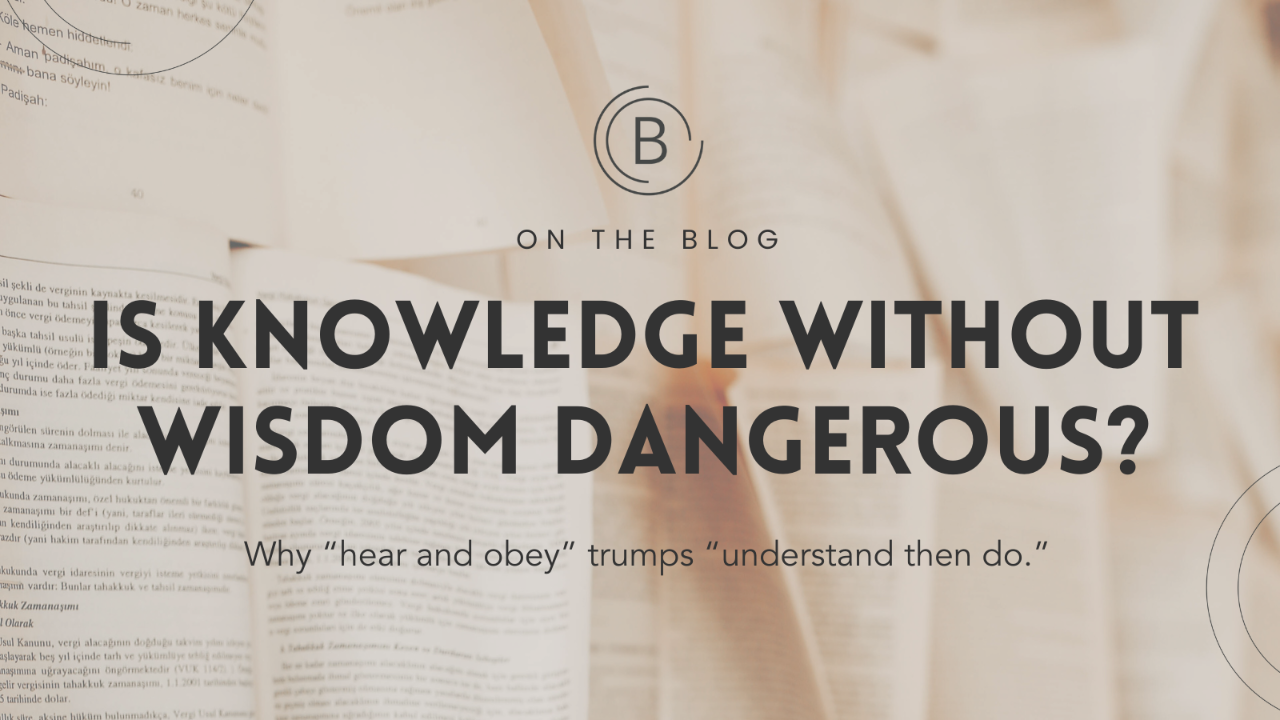Am I A One-Eyed Person?
May 05, 2025
Will This Leader Last?
Mar 25, 2025
The Experts vs. The Children
Mar 03, 2025
Warfare, Welfare, Lawfare, Ecofare
Aug 02, 2024
Servant Leadership or Plural Leadership?
Jun 05, 2024
“Help!” – “Stand!”
Jan 26, 2024
A Knife-Edge in History
Oct 03, 2023
Why ESG should be GSE
Sep 03, 2023
Half-Truths
Aug 16, 2023
Is It Safe To Separate Truth And Love?
Apr 20, 2023
You Call That Faith?
Mar 01, 2023
Is Knowledge Without Wisdom Dangerous?
Jan 31, 2023












